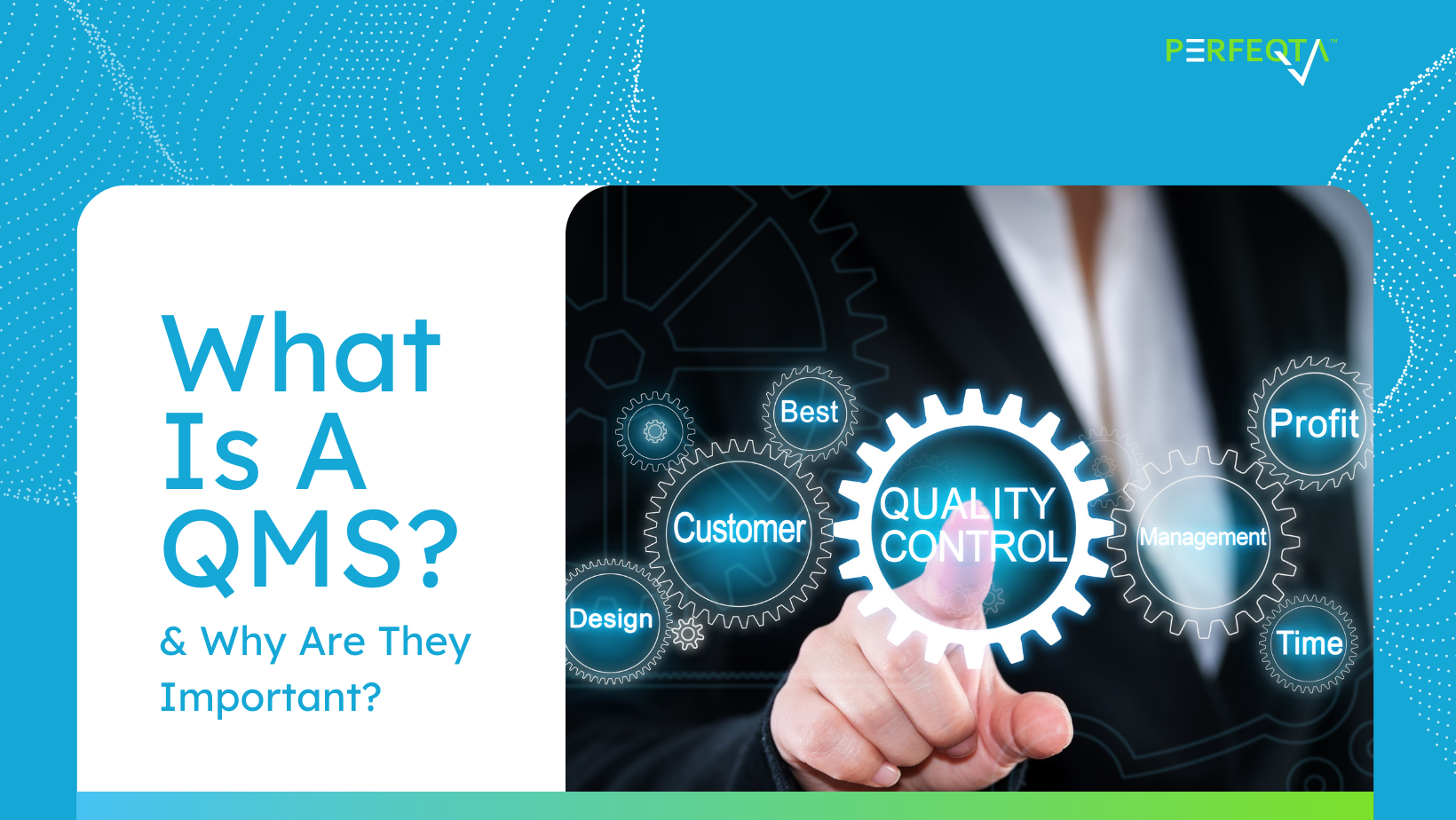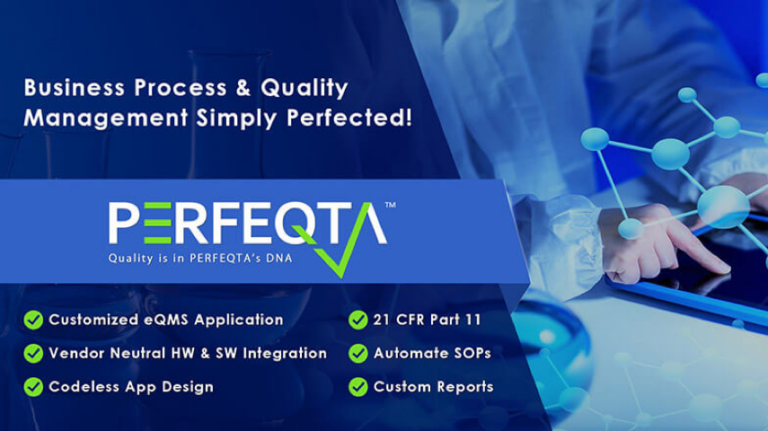What is a QMS & Why Are They Important?


A Quality Management System (QMS) documents various procedures, processes, and policies to achieve quality and client satisfaction objectives. A well-designed and implemented QMS can dramatically impact essentially every aspect of a company and its operations. They also help ensure and improve customer delight, which may increase retention rates, sales, and leads, among other things.
These days, many companies are opting for quality over quantity. Rather than racing to the bottom by selling goods or services as cheaply as possible, many business leaders use quality instead as a market differentiator. Less burdened by price, these companies can focus on customer satisfaction and innovation. With a Quality Management System, it’s easier to ensure work processes are done the right way.
It’s also easier for company leaders to manage departments and teams when a proper QMS is in place. Further, these systems can ease burdens on employees and other stakeholders, potentially increasing productivity, retention, and employee satisfaction. Given the potential impact a QMS can deliver, it is no surprise that many companies are now building and implementing them.
What Goes Into a QMS?
Ultimately, a QMS is a framework that utilizes policies, methods, techniques, processes, and other procedures to ensure that work is done correctly and up to the company’s standards. These frameworks provide clarity for employees and help them reach the required standard that meets the customer’s needs.
While quality management systems are especially vital in highly-regulated industries, such as healthcare, all organizations can benefit from them. Many organizations also use these frameworks to ensure regulatory standards are being met. This could reduce the risk of legal headaches, fines, and other issues.
Many companies rely on the International Organization for Standards (ISO) when developing their QMS. The ISO provides ready-made frameworks and insights to make designing and implementing a QMS less burdensome. ISO 9001 is now among the most popular and widely used Quality Management Systems.
When using ISO 9001, organizations will typically look at:
Processes- The high-level control that summarizes specifications, objectives, and needed resources.
Procedures- Add more details, thus providing clarity and helping others understand how to conduct business processes. Also provides specific tools, measurements, and methods while outlining responsibilities.
Work Instructions– Provide step-by-step instructions for completing procedures.
To put it another way, a process explains what needs to be accomplished and why. Procedures provide instructions for completing a process, and work instructions offer guidance for completing procedures and processes.
Benefits of QMS
- Easy and Secure Documentation: A QMS lifts the burden of organizing documents without any cumbersome physical papers or files. It also ensures that all the critical documents can only be accessed by those designated.
- Customer Centricity: A business exists to serve its customer’s needs and adjust as per their needs. A feedback-incorporated QMS can do that for you and allows you to make customer-centric improvements.
- Compliance with Regulations: Compliance in documentation, measurement and reporting, and internal auditing systems will eliminate some challenges of meeting essential standards and regulations.
- Organizational Effectiveness: A QMS helps organizations and employees establish crucial operational goals while providing a framework to measure, keep up, and review how well your organization reaches its goal.
Quality Management Systems Put Companies in a Position to Succeed
Ultimately, a QMS ensures that quality objectives are met and provides stability for organizations. With suitable systems in place, it’s easier to replicate work and achieve desired outcomes. Even when employees leave, organizations can ensure a solid knowledge base that employees at every level can lean on to get work done.
Fortunately, many modern tools now make establishing and documenting these systems more manageable. And the right tools also help companies and individuals complete and follow processes, procedures, and work instructions. With PERFEQTA, you can not only integrate our tools into your existing Quality Management System; you can also leverage our platform to strengthen your QMS.






